Building a transnational alliance for marine restoration, by connecting scientists, communities, and institutions across Europe
We combine habitat restoration with clean-up efforts to tackle marine litter and protect seagrass and coastal ecosystems
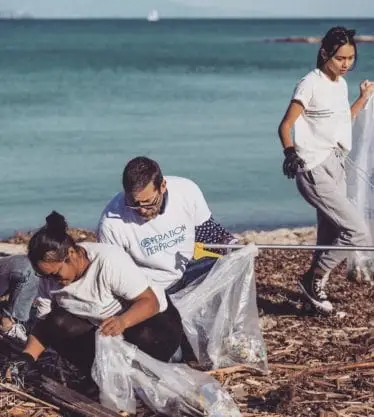
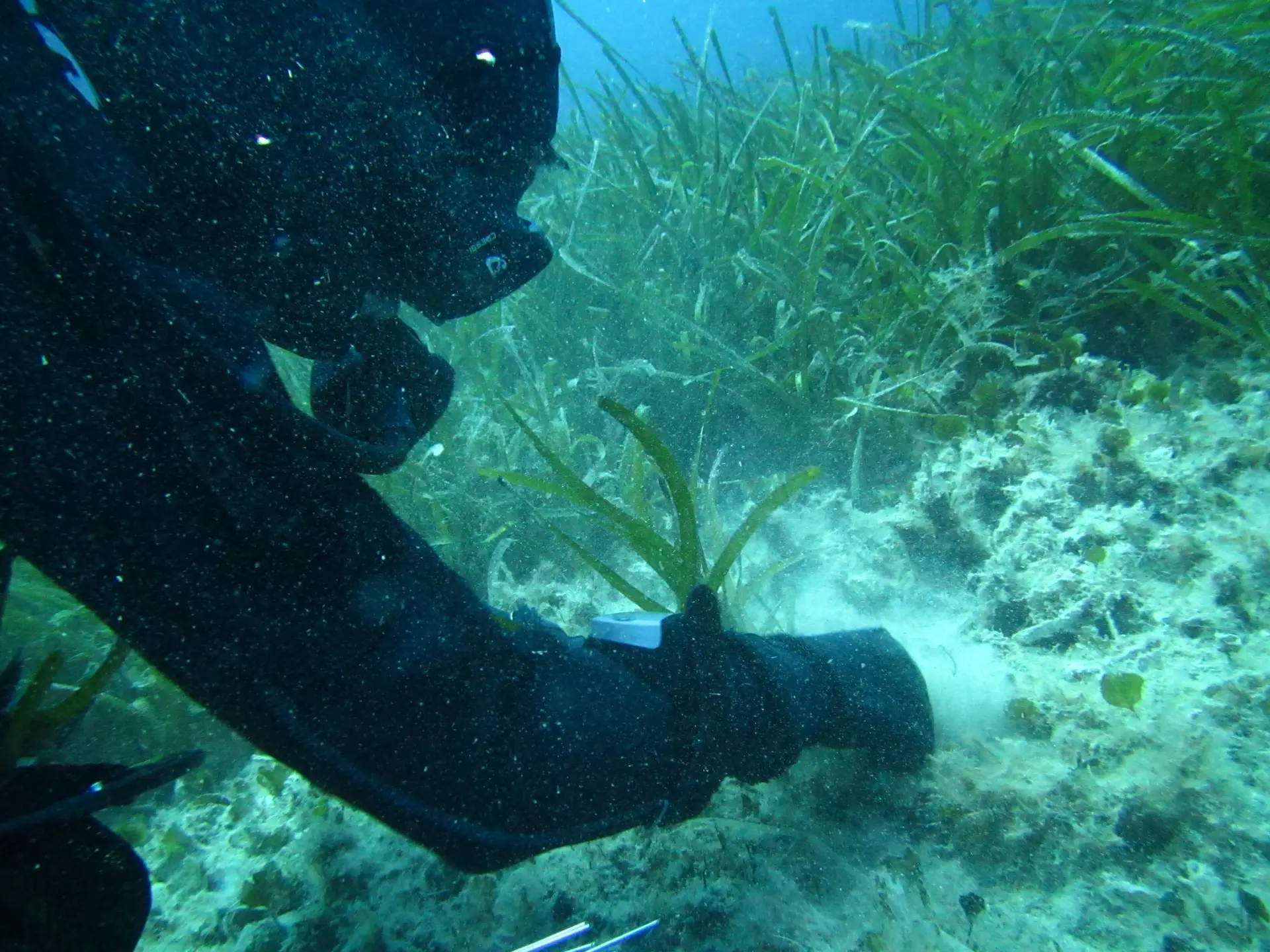
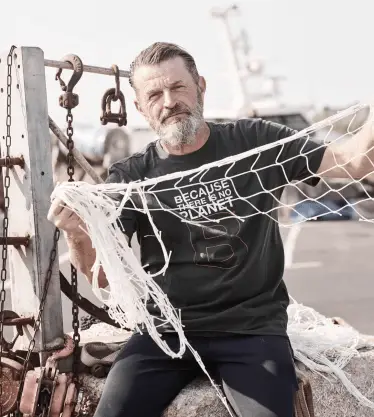
We raise awareness, support policies, and promote nature-based solutions to safeguard ocean health
At the Alliance4Seas, we restore seagrass meadows from the chilly waters of the Baltic Sea to
the sunlit shores of the Mediterranean Sea.
We envision a Green Belt of the Sea: a connected network of healthy seagrass habitats that support biodiversity, capture carbon, and protect our coasts.
Through restoration, clean-up, and advocacy, we work to regenerate marine life and secure a resilient future for our oceans.
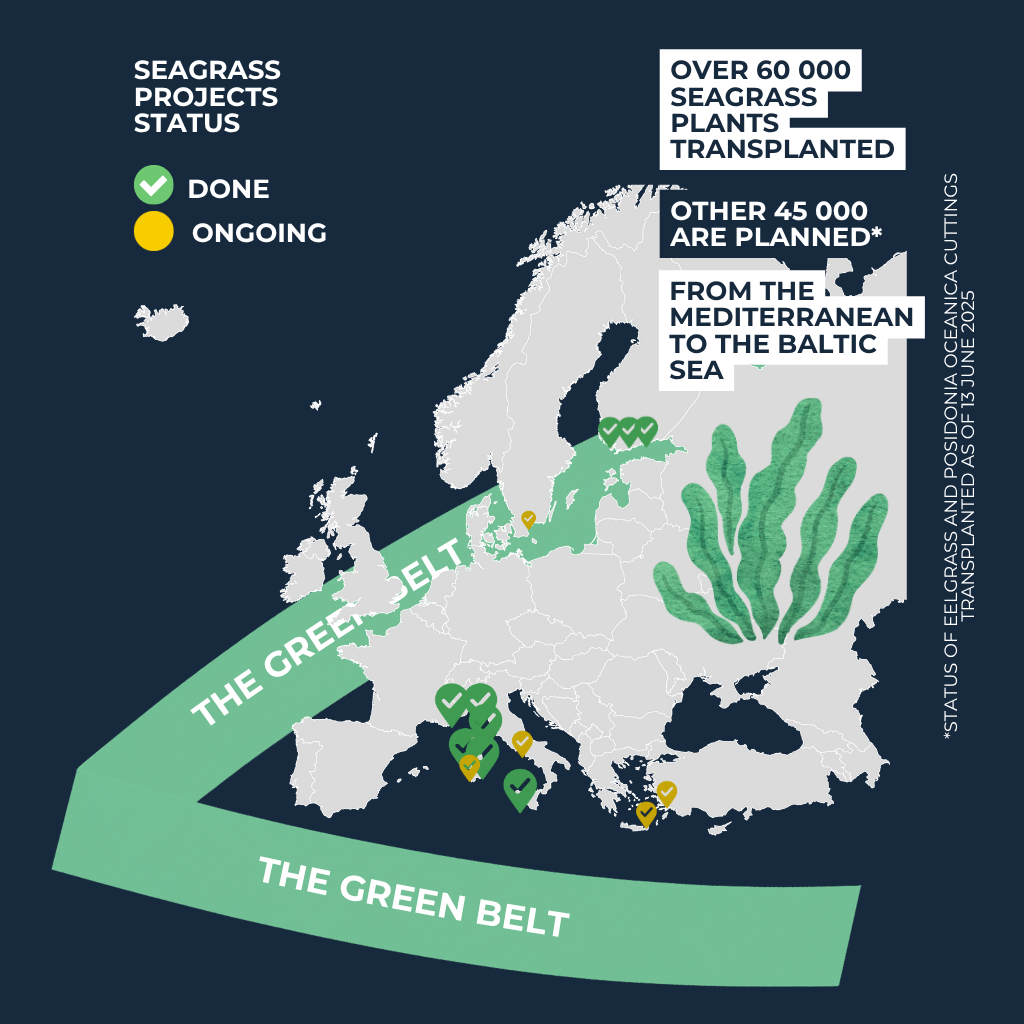
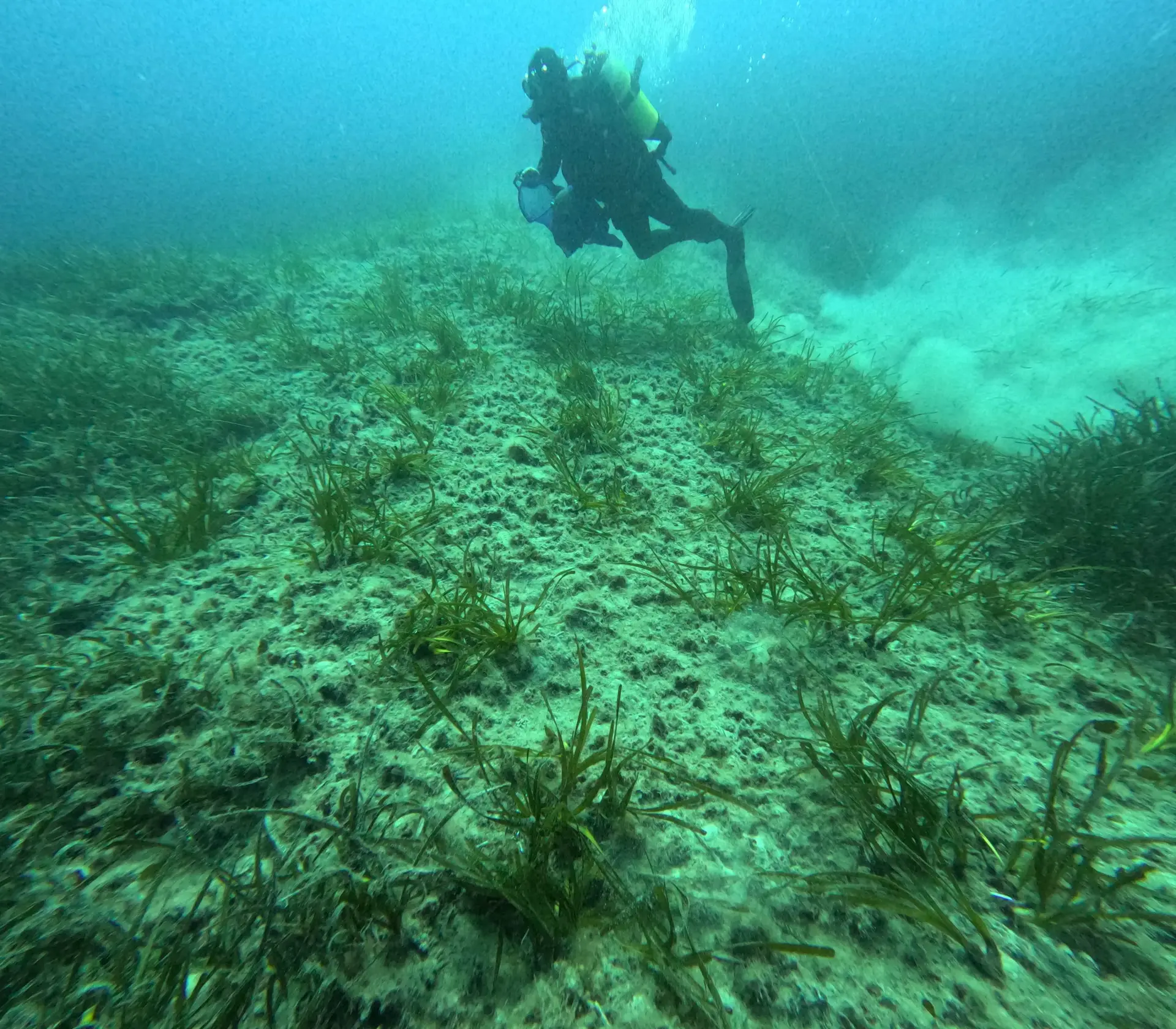
At Alliance4Seas, every donation helps restore vital seagrass habitats — from the Baltic to the Mediterranean Sea.
By supporting us, you contribute to hands-on restoration, marine clean-ups, and advocacy to protect biodiversity and fight climate change.
Together, we can build a resilient future for Europe’s seas — one meadow at a time.
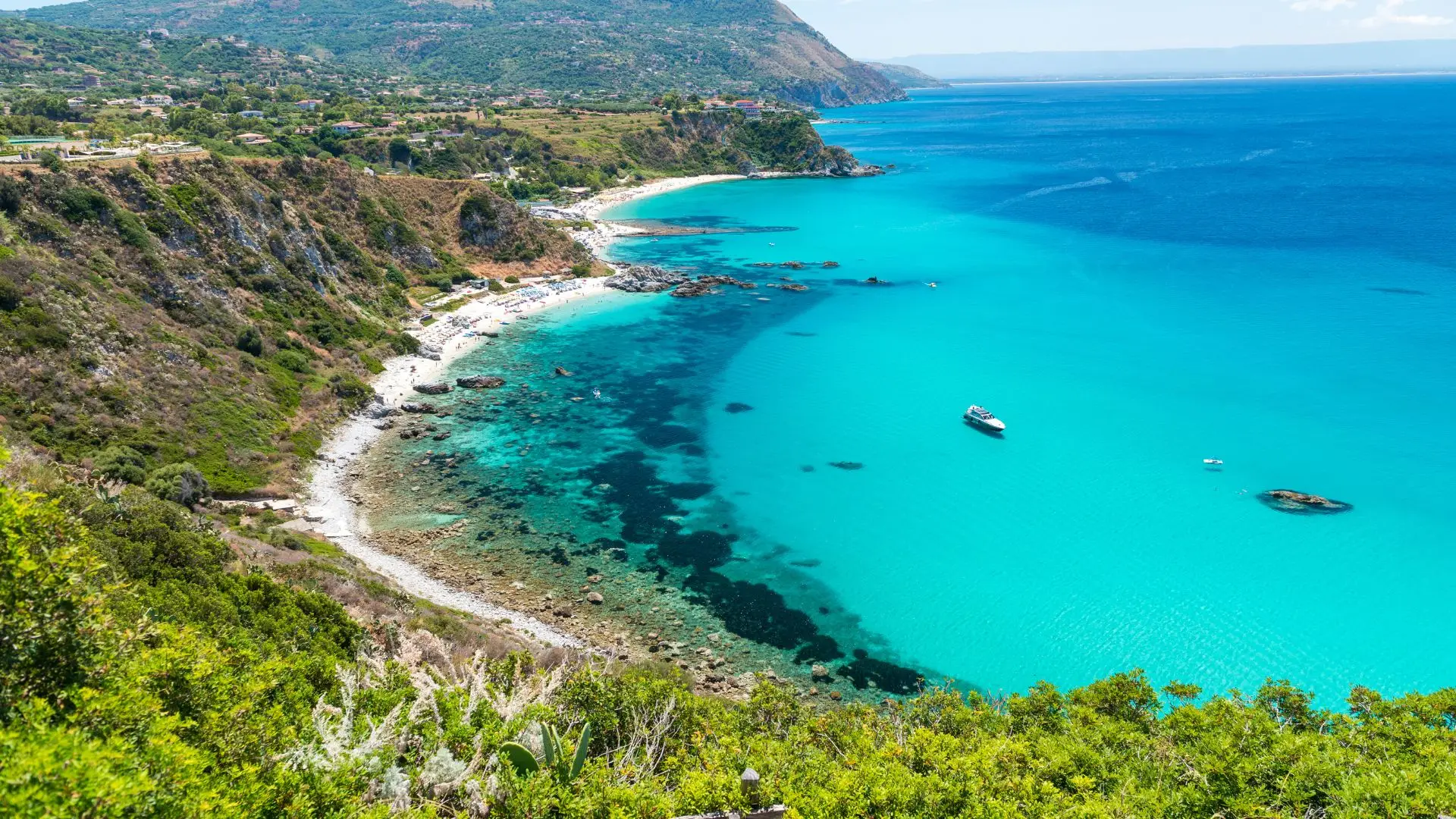
of the earth’s oxygen comes from oceans— healthy seagrass meadows play a key role in keeping it that way.
Despite covering less than 0.2% of the ocean floor, seagrass meadows can store up to 10% of the ocean’s total carbon.
One hectare of seagrass can host up to 98,000 fish and 123 million invertebrates — vital for a healthy ocean and global fisheries.
Just 1 m² of seagrass can produce around 10 liters of oxygen/day —
helping sustain marine life and contributing to the planet’s oxygen cycle.
Seagrass meadows are more than plants — they are the unsung heroes of ocean health and biodiversity.
In the Baltic Sea, the common eelgrass meadows suffer from eutrophication. By reducing nutrient loads, we can alleviate this pressure and restore the meadows, which helps sustain marine biodiversity, reduce erosion, and enhance water quality.
In the Mediterranean, where rising temperatures, overfishing, and coastal development threaten marine ecosystems, the meadows offer critical resilience by stabilizing sediments, improving water clarity, and buffering coastlines against erosion and sea-level rise.
Different challenges, same nature-based solution: restoring seagrass meadows is essential for protecting biodiversity, supporting fisheries, and building climate resilience in both seas.
Reversing the loss of marine biodiversity by replanting Posidonia oceanica in the Mediterranean and common eelgrass meadows in the Baltic Sea
Reducing ocean pollution that threatens biodiversity
Empowering communities and future generations through education and shared knowledge about our oceans
